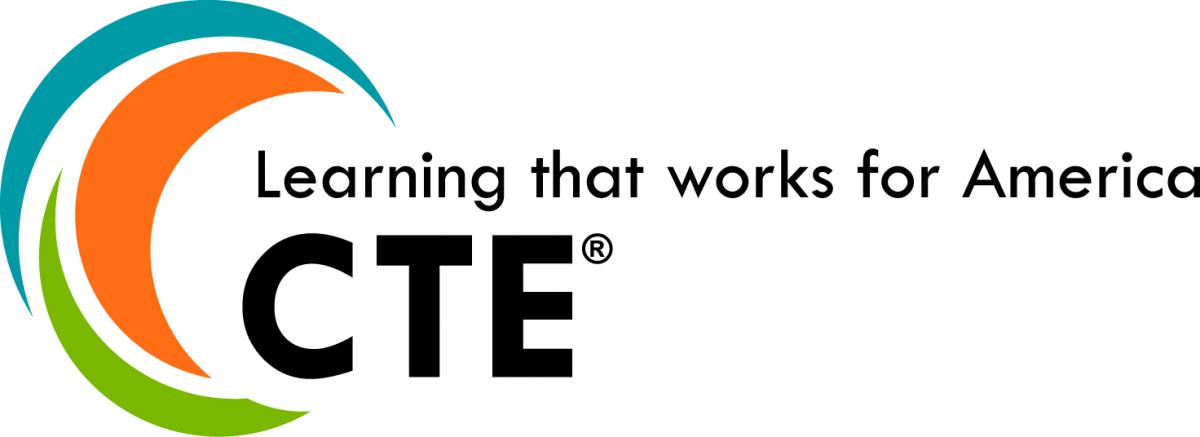Earning College Credit in High School
Earn college credit through the North Carolina Community College system while attending high school!
An Articulation Agreement is a systematic, seamless student transition process from high school to college that maximizes use of resources and minimizes content duplication. Many courses within a Pathway allow students to receive community college credit.
Eligible students must adhere to the following guidelines:
- Receive a grade of B or higher in the course, and;
- Receive a score of 90 or higher on the standardized CTE post assessment.
For example:
If a student has received a B or higher in Entrepreneurship I and has met the course proficiency for the Performance-Based Measure in the course, the student could receive articulated credit from the North Carolina Community College system to be utilized at the community college of their choice.
WHAT IS CAREER & COLLEGE PROMISE?
Career & College Promise (CCP) is North Carolina’s dual enrollment program for high school students. This program allows eligible NC high school students to enroll in college classes at North Carolina community colleges and universities through their high school. Students who successfully complete college courses earn college credit they can take with them after graduation. In many cases, students can also earn dual credit - meeting high school graduation requirements with college courses.
Career & College Promise offers students the option to choose from these pathways:
- College Transfer- Designed for students planning to continue their educational career beyond high school to eventually achieve an Associate's or Bachelor's degree at a community college or university.
- Career & Technical Education- Allows students to begin a certification or diploma program in a particular technical field or career area.
- Cooperative Innovative High Schools - North Carolina's early colleges and other innovative schools are small public high schools, usually located on the campus of a university or community college, where students simultaneously work toward completion of both the high school diploma and an associate's degree, transferable credit or certificate.
Career & College Promise offers North Carolina high school students options to pursue educational and career goals of their choice using a rigorous yet supportive structure designed to help them become successful.
WHO CAN PARTICIPATE IN CCP?
Currently enrolled North Carolina high school students who meet the eligibility criteria for their chosen pathway can participate in CCP College Transfer and CTE pathways, including home school students and private school students. Students who have already graduated from high school are not eligible.
For eligibility information, see the NC Community College’s operating guidelines at www.nccommunitycolleges.edu/academic-programs/career-college-promise. Rising ninth graders and currently enrolled high school students may apply for enrollment in a Cooperative Innovative High School located in their school district.
WHY SHOULD STUDENTS CONSIDER CAREER & COLLEGE PROMISE?
Career & College Promise pathways offer students rigorous and relevant coursework designed to engage their interests and help them achieve educational and career goals. For students interested in technical careers and post-secondary education, the courses they encounter as part of a CCP pathway will align closely with the level of work that will be expected of them after finishing high school. In addition, research has shown that high school students who take college courses are more likely to attend and graduate from college with an advanced certification or degree.
Finally, because Career & College Promise pays for college classes taken by high school students, the program also helps reduce the cost of a college degree, career certification, or diploma. Career & College Promise can make post-secondary education a viable option for students who may believe that the cost puts college out of reach for them.
HOW DOES CAREER & COLLEGE PROMISE WORK?
Career & College Promise students, regardless of which pathway they choose, use both high school and college courses to fill their schedules. Some students, especially seniors, may have a heavier load of college courses than high school courses. Students interested in participating first contact their high school counselor (middle school students interested in an early college should see their middle school counselor) to indicate interest and discuss eligibility requirements. Counselors or principals must confirm student eligibility prior to enrollment in the program. As part of the application process, students indicate the pathway and program of study they want to pursue.
Eligible students complete a college application (paper or electronic through CFNC.org, depending upon the school’s college partner). After a student’s application is processed and accepted by the college, students can enroll in college courses according to the schedule agreed by the high school and the college. Once students begin taking college classes, they must maintain eligibility to participate by continuing to make progress toward high school graduation and by maintaining a 2.0 grade point average for all college coursework.
Across all three pathways, tuition charges for each student’s college classes are paid by the NC General Assembly. Student fees and textbook costs may be paid in a variety of ways; students and parents may ask their counselor how those costs are paid for the students in the school.


Looking for the Career & College Promise website at North Carolina Community Colleges? You can find it here.

